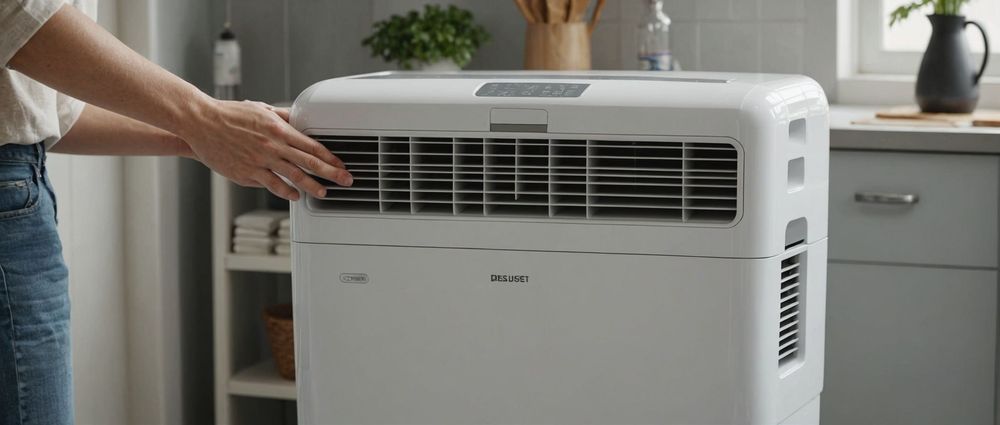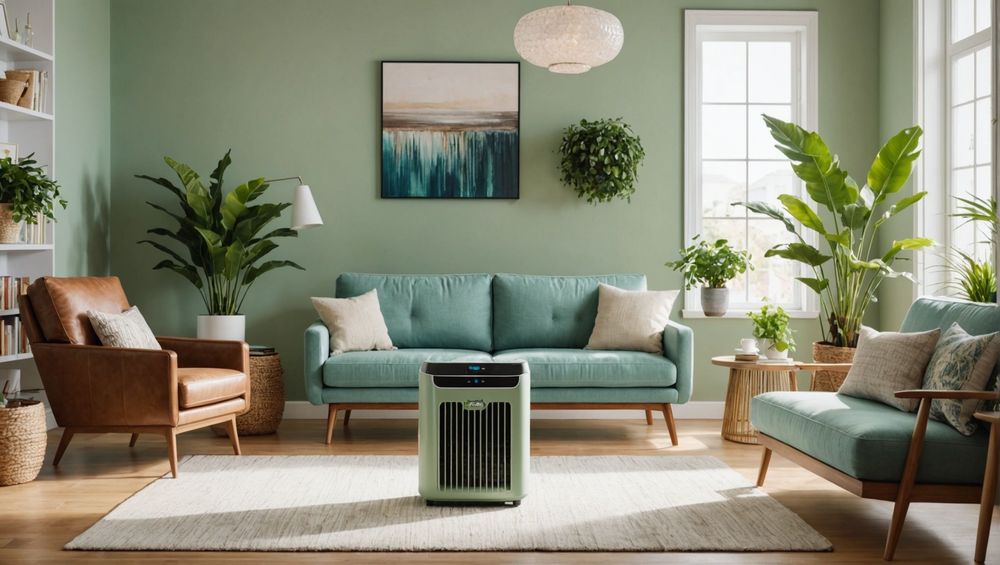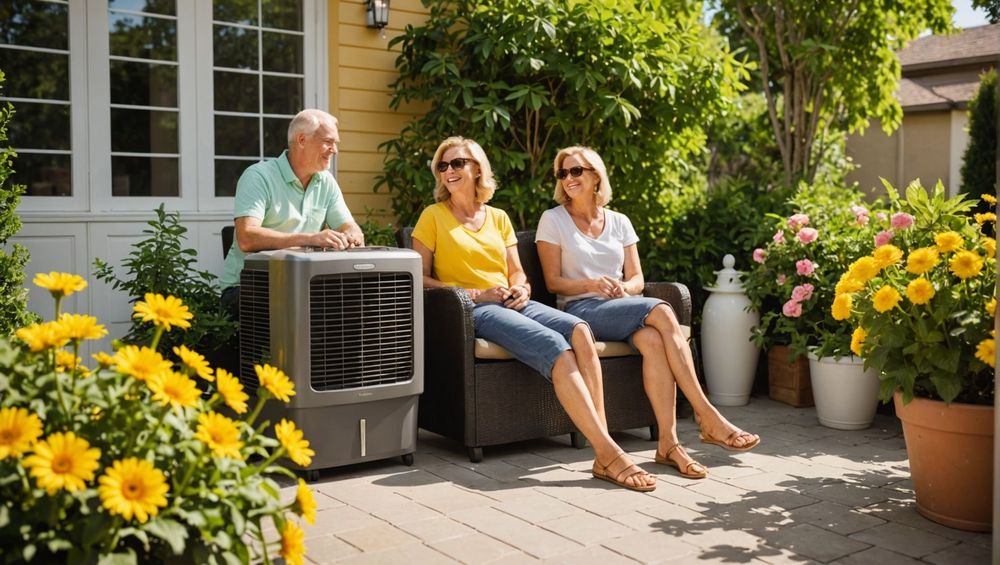
Air coolers can be a viable alternative to traditional air conditioning systems, offering not only cost and energy-efficiency but also several health benefits. However, like any appliance, their impact on health can depend on various factors. In this article, we will delve into the health implications of using air coolers, exploring both the advantages and potential drawbacks to help you make an informed decision.
How Air Coolers Work

Air coolers operate on a straightforward principle known as evaporative cooling. They draw warm air from the environment and pass it through water-saturated pads. As the air flows through these pads, it loses heat due to evaporation, thus making the air cooler and more pleasant. This process can enhance humidity levels in dry environments, which may provide comfort, but there are some considerations concerning health, especially in terms of air quality and hydration.
Understanding the functioning of air coolers helps us appreciate their advantages and potential drawbacks. Unlike air conditioners, which can dehydrate the air, air coolers increase humidity. This trait can be particularly beneficial for individuals suffering from dry skin, allergies, or respiratory issues, as it creates a more comfortable living environment. Moreover, air coolers are typically energy-efficient, leading to lower electricity bills and reduced energy consumption—factors that indirectly promote overall health through a lesser environmental impact.
Health Benefits of Air Coolers

When it comes to health, air coolers can offer several notable benefits:
- Enhanced Air Quality: Air coolers can help alleviate dry air problems, reducing the likelihood of dry throats and skin irritations.
- Hydration: By increasing humidity, air coolers can make the environment less harsh, which is beneficial for respiratory conditions such as asthma and allergies.
- Energy Efficiency: Lower energy consumption can lead to reduced stress on our planet, indirectly promoting a healthier ecosystem.
- Cost-Effective: With lower operating costs compared to traditional air conditioning units, air coolers allow for financial savings that can be redirected towards healthier lifestyle choices.
- Natural Cooling: Air coolers utilize water as a cooling agent, thereby offering a more natural cooling method without the use of harmful refrigerants.
Potential Drawbacks of Air Coolers
Despite the numerous health advantages, there are also some potential drawbacks associated with air cooler usage:
- Humidity Levels: In particularly humid climates, adding more moisture to the air can lead to discomfort, mold growth, and other health issues.
- Maintenance Requirements: Air coolers require regular cleaning and maintenance to prevent the growth of mold or bacteria in the water tank.
- Air Quality Concerns: Poor maintenance can lead to bad odors and decreased air quality, triggering allergies or respiratory problems.
- Temperature Limitations: Air coolers may not be as effective in extremely hot environments where humidity is already high.
- Noise Levels: Some models may generate noise that can be distracting or detrimental to sleep quality.
Tips for Healthy Air Cooler Usage
To harness the health benefits of air coolers while minimizing risks, consider these helpful tips:
- Regular Cleaning: Clean your air cooler regularly to prevent mold and bacteria growth. This includes changing the water frequently and washing the cooling pads.
- Monitor Humidity: Use a hygrometer to keep an eye on humidity levels; ideally, they should be between 30% and 50%.
- Use Distilled Water: If possible, use distilled or filtered water in the cooler to minimize mineral buildup and unwanted odors.
- Proper Ventilation: Ensure that the area where the cooler operates is well-ventilated to facilitate air circulation and prevent mildew.
- Quiet Models: Opt for quieter air cooler models if noise is a concern, especially during nighttime use.
Conclusion
In conclusion, air coolers can indeed be beneficial for your health when used properly. They enhance air quality, provide natural cooling, and are generally more energy-efficient than traditional air conditioning systems. However, it’s crucial to be aware of the need for regular maintenance and to monitor humidity levels to avoid potential health issues associated with excessive moisture. By following proper usage and maintenance tips, one can enjoy the numerous benefits of air coolers while minimizing any associated risks.
FAQs
- Can air coolers help with allergies?
Yes, air coolers can help improve air quality by alleviating dryness, which may provide relief for allergy sufferers. - How often should I clean my air cooler?
It is recommended to clean your air cooler every few weeks, especially if it is used frequently, to prevent mold and bacteria growth. - Are air coolers effective in humid climates?
Air coolers may not be as effective in high humidity conditions, as they add moisture to the air, which could lead to discomfort. - Do air coolers consume a lot of energy?
Compared to traditional air conditioning units, air coolers are generally more energy-efficient and consume less electricity. - Can I use just tap water in my air cooler?
While tap water can be used, distilled water is preferable as it reduces mineral buildup and potential odors.




